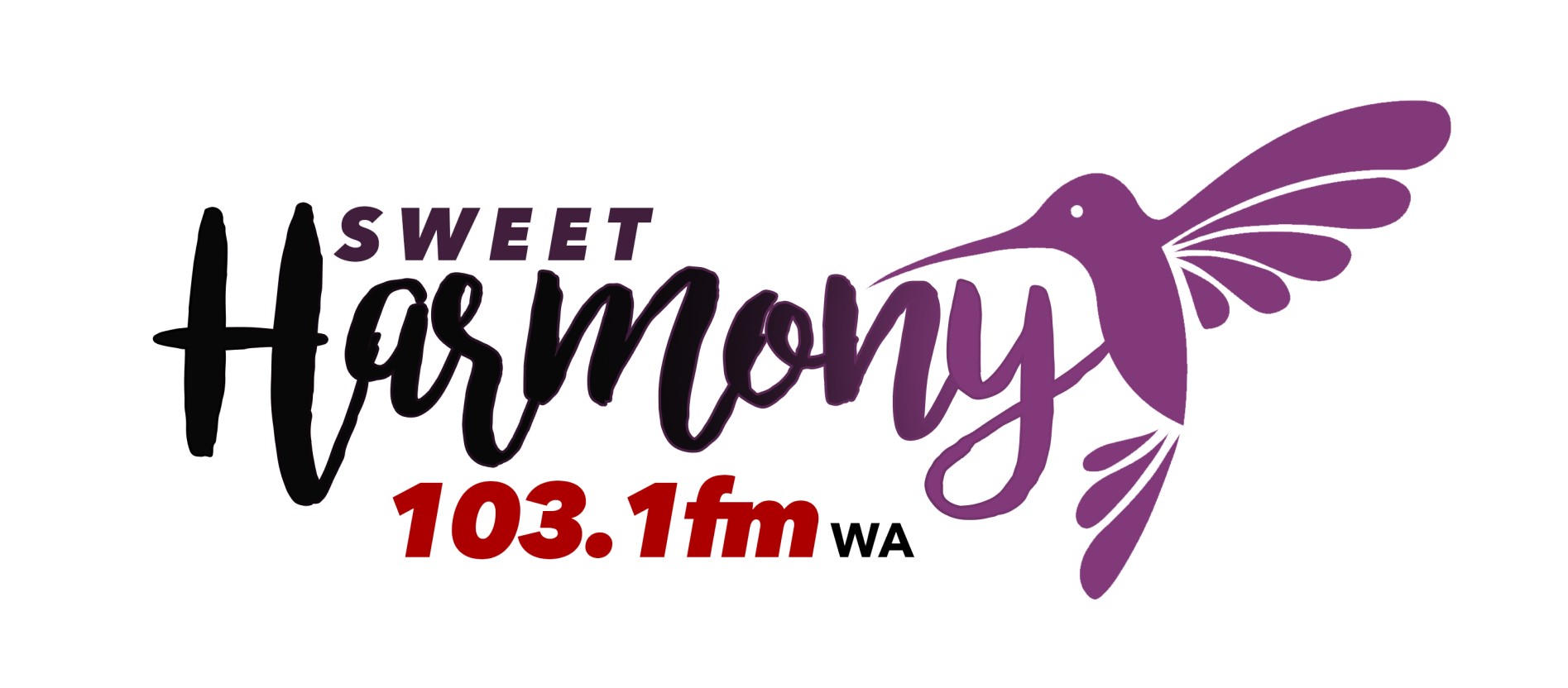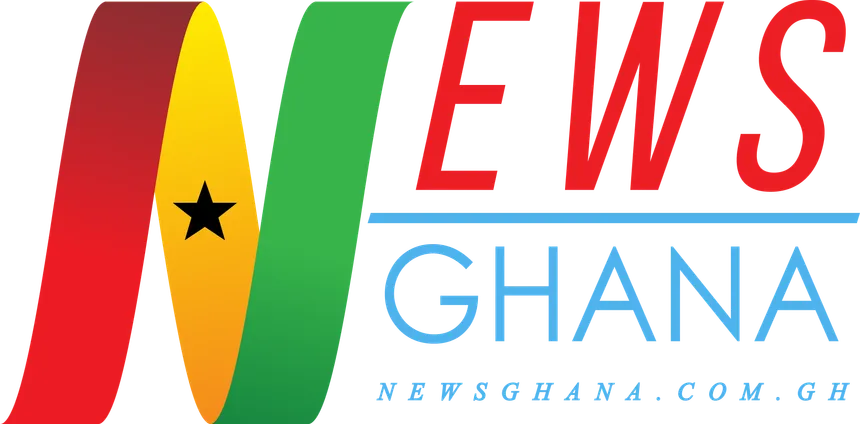Accra, August 11 (GNA) – Mr. Abdourahamane Diallo, the Ghana Country Director of the United Nations Educational, Scientific, and Cultural Organisation (UNESCO), has called on the government and other stakeholders to enhance the digital skills of students and teachers to enable them to compete globally. He emphasized that 21st-century literacy encompasses the ability to effectively use basic digital tools and applications. As a result, he stressed the importance of equitable investment in supporting the acquisition of these fundamental skills at all educational levels.
Speaking at the opening of the 20th Edition of the Ghana International Book Fair (GIBF) in Accra, Mr. Diallo stated that in the modern era, being literate entails more than reading and comprehending written text. He highlighted the necessity of dedicating additional resources to strengthen the capabilities of learners and educators at all levels, ensuring they harness the full benefits of the ongoing digital revolution.
The four-day GIBF event, themed “Reading to Connect Minds for Social Transformation,” features approximately 97 exhibitors from various countries including Ghana, Nigeria, Kenya, India, Egypt, United Arab Emirates, Guinea, and Ireland. The fair aims to stimulate creative writing, encourage reading, and provides a platform for publishers, authors, book sellers, and avid readers to gather, celebrate books, and engage with new and established authors.
Mr. Diallo further accentuated that the fair serves as an enlightenment beacon, bridging gaps, and promoting a deeper understanding of both oneself and the world. He remarked that books are not merely repositories of knowledge; they are vehicles for empathy, critical thinking, and personal growth. They shape perspectives, challenge assumptions, and inspire individuals to envision a better world.
Acknowledging the dedication of publishers who devote extensive time and resources to bringing literary works to life, Mr. Diallo underscored UNESCO’s commitment to supporting and nurturing a culture of reading among younger generations through initiatives like the World Book Capital program.
Mr. Samuel Kolawole, Immediate Past Chair of the Africa Publishers Network, urged stakeholders to foster a reading culture and advocated for reading as a means to understand and harness ideas for societal betterment. He emphasized that reading should extend beyond acquiring academic certificates and instead be driven by a pursuit of knowledge to effect positive change.
Mr. Asare Konadu Yamoah, President of the Ghana Publishers Association, encouraged stakeholders to leverage the UNESCO World Book Capital designation to facilitate the production of accessible books for the youth. He highlighted the GIBF’s history of unveiling outstanding books in Ghana and noted its role in refining publisher works through feedback from visitors.
The fair featured a diverse array of books across genres, along with workshops, literacy games, films, celebrity author book signings, and other engaging activities.



